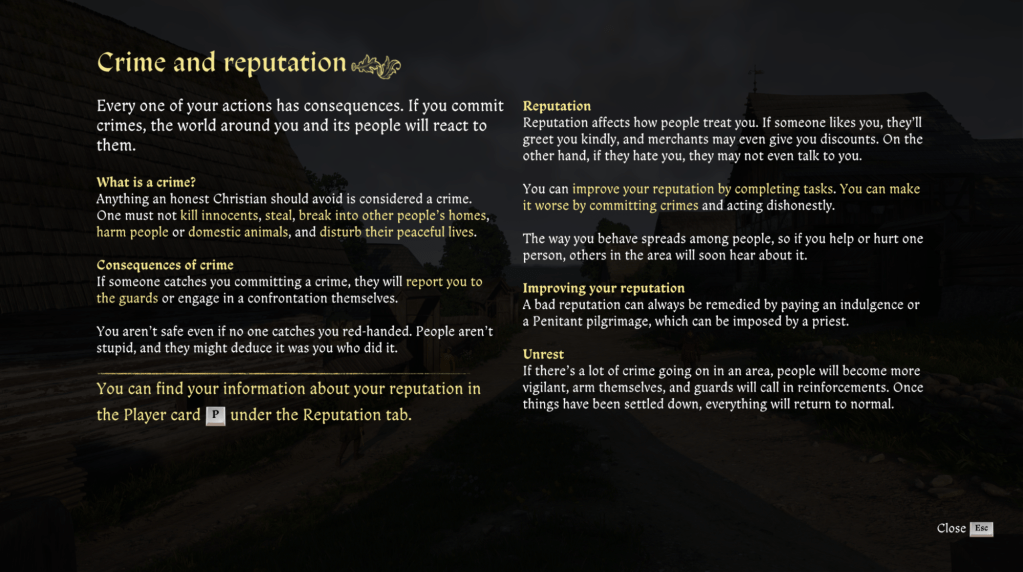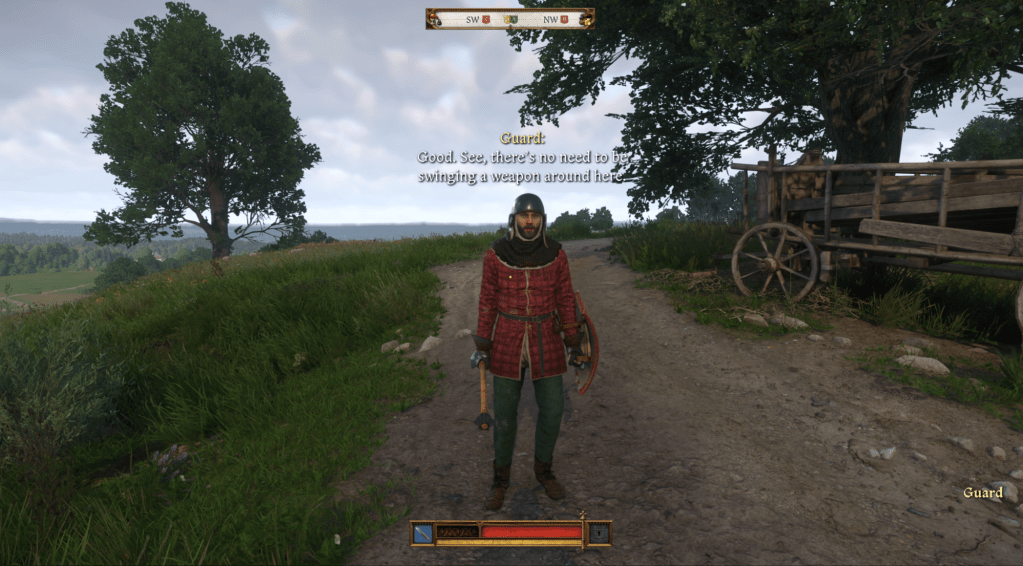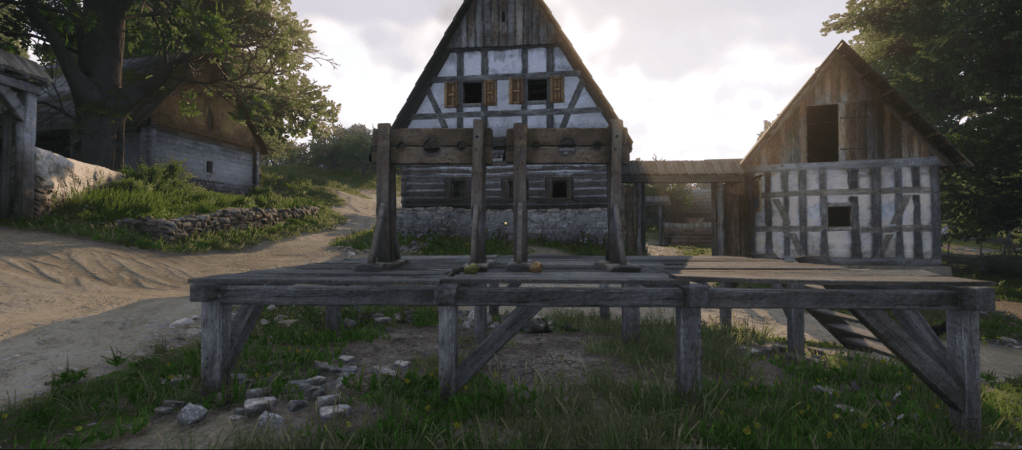In *Kingdom Come: Deliverance 2*, crime isn't just a minor inconvenience—it can fundamentally alter how the world interacts with you. Actions like stealing, trespassing, or even assaulting a peasant can land you in hot water. Here's a comprehensive look at how crime and punishment function in this immersive RPG sequel.
How Crimes Work in Kingdom Come: Deliverance 2

The game classifies the following actions as illegal:
- Murder – Killing innocent NPCs.
- Theft – Stealing from homes, shops, or unconscious NPCs.
- Lockpicking – Breaking into locked buildings or chests.
- Pickpocketing – Stealing directly from people.
- Assault – Attacking civilians or guards.
- Animal Cruelty – Hurting domestic animals.
- Trespassing – Entering private areas without permission.
- Disrupting Order – Causing trouble in towns.
Engaging in any of these acts can lead to suspicion, arrest, or worse. The severity of your crime influences how guards and villagers respond to you.
What Happens When You're Caught?

1. Pay the Fine
The simplest way out is to pay a fine, which varies based on the crime. Stealing might cost you a few Groschen, but murder could bankrupt you or result in harsher punishment.
2. Talk Your Way Out
With high **Speech** or **Charisma**, you might persuade guards to let you off the hook. This approach works better for minor crimes, but serious offenses are tougher to talk your way out of.
3. Run for It
Running might be your only option sometimes. Guards will pursue you, and escaping will temporarily label you as wanted. Changing your appearance or bribing officials can help you return to town without recognition.
4. Accept the Punishment
If you can't pay or escape, you'll face the consequences, which vary based on the crime's severity.
How Punishments Work in Kingdom Come: Deliverance 2

1. Pillory (Public Humiliation)
For minor offenses like trespassing or accidental assault, you'll be locked in the pillory for a few in-game days. This will damage your reputation, and NPCs will mock you.
2. Caning (Physical Punishment)
Mid-tier crimes like theft or assault result in caning. Guards will publicly beat you, reducing your health and stamina temporarily.
3. Branding (Permanent Criminal Status)
Reserved for repeat offenders or serious crimes like murder or heavy theft, branding marks your neck, labeling you as a criminal. NPCs will treat you differently, merchants may refuse to trade with you, and guards will keep a close watch on you.
4. Execution (Game Over)
The ultimate punishment for the gravest crimes, like multiple murders, results in game over.
How Crime Affects Your Reputation
Your reputation in *KCD2* significantly influences how NPCs interact with you. Committing crimes can make townsfolk suspicious or hostile.
How Reputation Works
Each town and faction tracks your reputation independently. A low reputation can lead to NPCs refusing to talk, trade, or offer quests. Conversely, a high reputation can grant discounts, additional dialogue, and unique opportunities. Guards will scrutinize you more if they suspect past crimes. To repair a tarnished reputation, engage in community service, donate to the church, or pay fines. This system shares similarities with the Honor system in *Red Dead Redemption 2*.
How to Avoid Getting Caught
While crime is part of *KCD2*, you can use the system to your advantage. Here are some strategies to avoid detection:
- Don't Leave Witnesses – Always check your surroundings before committing a crime. If someone sees you, quickly change your disguise.
- Commit Crimes at Night – Nighttime offers better cover, making it harder for others to spot you.
- Sell Stolen Goods Wisely – Stolen items are marked in your inventory. Avoid selling them to regular merchants; instead, take them to fences or black-market dealers away from the crime scene.
That's how crime and punishment operate in *Kingdom Come: Deliverance 2*. Use this knowledge to navigate the game's moral landscape effectively.









